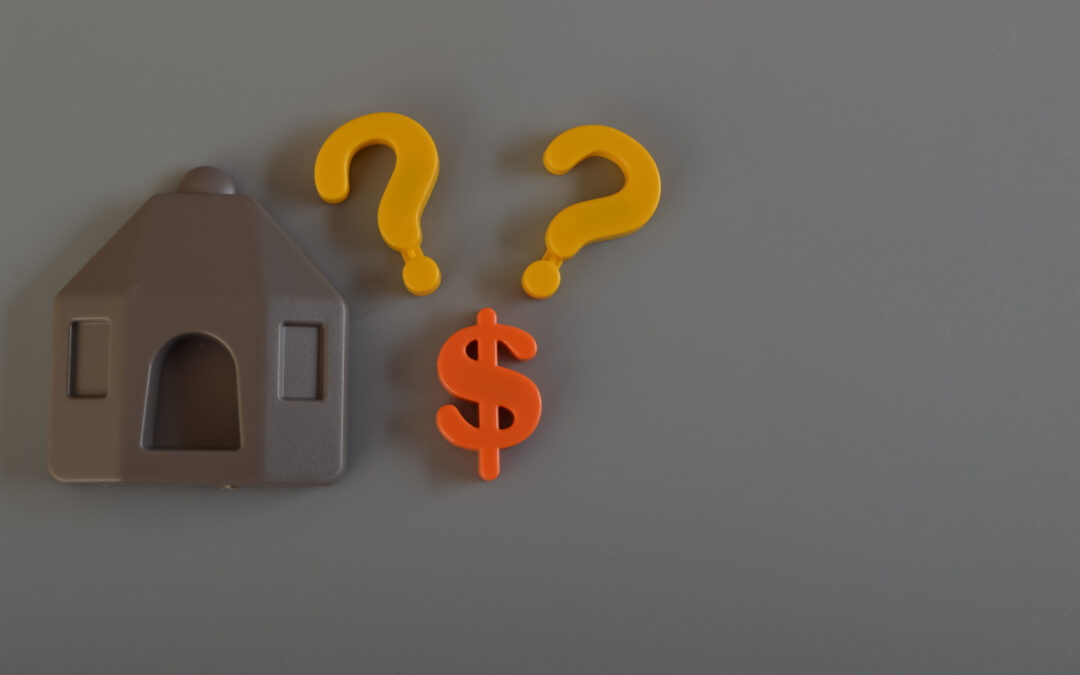Podcast Shownotes: Real Estate Q&A
Where do I find detailed instructions on how and where to build my team?
- A great place to start is by finding a local real estate agent who invests in property. They can connect you with critical team members like contractors, mortgage brokers, property managers, etc.
Blog Recommendation: 8 People You Need on Your Real Estate Team
What is hard money lending?
- Essentially, hard money lending is peer to peer lending for short-term purposes. A hard money loan is much more expensive than going to a bank or mortgage company, but it’s for short-term use and it’s very easy to qualify and close.
I need help with property negotiations. Can it be taught or do I need to learn through experience?
- Property negotiation can be taught just like any kind of negotiation. There are courses on hard money lending and property negotiations on Bill Bronchick’s website (and we give free lifetime access to everyone in The WealthBuilders Real Estate Coaching Program.) There are a lot of techniques, but negotiating properties is really like learning to swim. You can watch a YouTube video, and you can go through the motions in the shallow end. But you really understand negotiation the most when you jump in the deep end.
Book Recommendation: You Can Negotiate Anything by Herb Cohen
I have a $200,000 HELOC and no debt. Are there any suggestions on what I should do with it?
• There’s a lot you can do in real estate investing with $200,000. I would get a bigger $1 million home and bump up the line of credit to half a million dollars. You’re not really taking on more debt, because you don’t pay interest unless you borrow from the line of credit. So it’s not like a regular mortgage where you’re committed to a payment for 30 years. If you need money in a hurry, you can borrow from your line of credit at 6 or 7%. That’s much better than a hard money loan: you won’t get points taken off your credit score, nor will you have to pay closing costs. You can use the HELOC to temporarily to buy, fix, and flip. Then, you get your money back to pay off the line of credit, and you only have to pay 5-6 months of interest.
If you live in a different country, what’s a good way to invest in the United States?
• Find a trusted partner or form a corporate entity in the United States. Be sure to consult a tax professional before making any moves.
Do you think bank foreclosures will continue? If so, what’s the best way to protect your money?
• Residential foreclosures present nothing but opportunities for investors to pick up good deals. So, the more banks are having loan defaults, the more foreclosures we’re going to see. Then, there will be more motivated sellers to make good deals with and also solve their problem.




The information You share is truly educational. Thank You !
I really like using both Formats. First I listen to the podcast (while taking notes). Then I read over the Text Format to fill in the blanks in my notes. More importantly, reading the text secures the information I am learning by way of review. Thank You All !